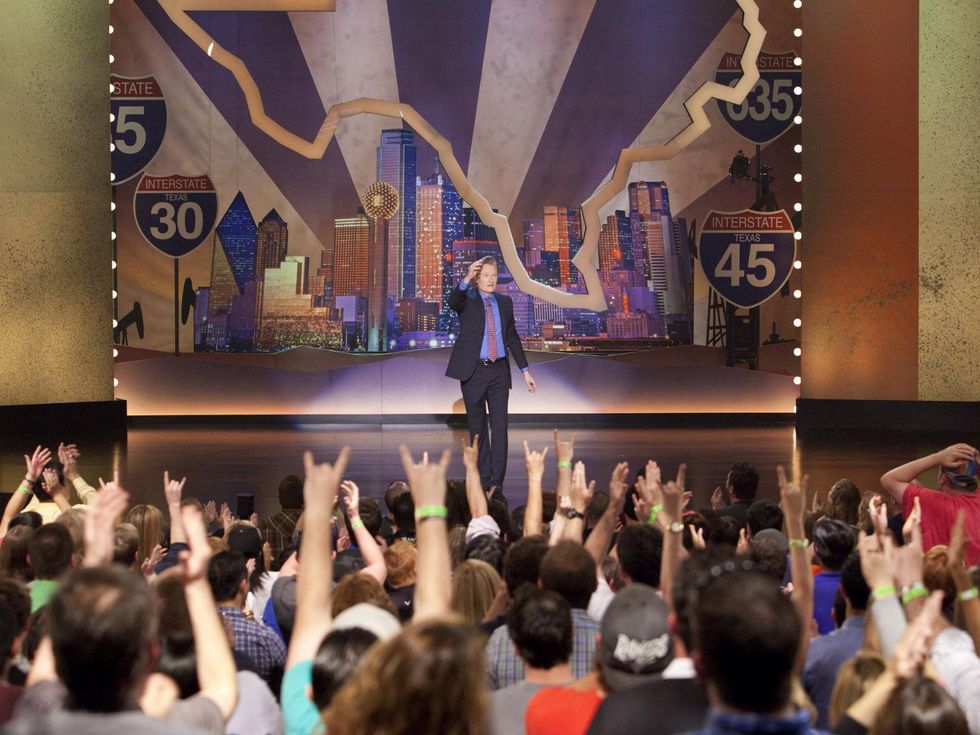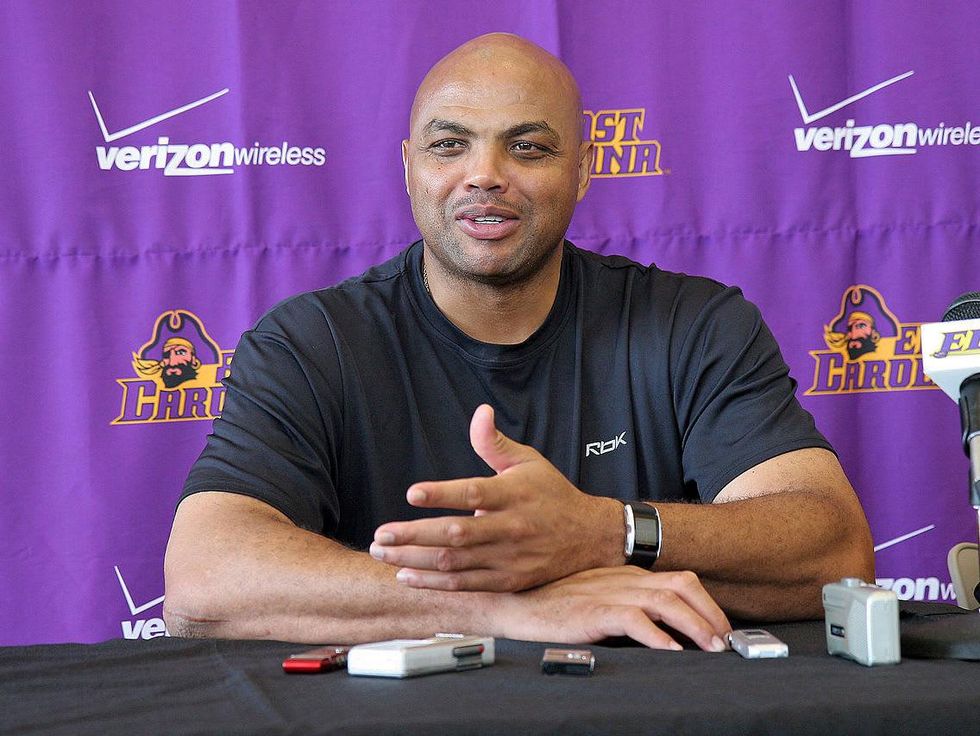A new lounge is turning up the volume beneath the streets of downtown Dallas: Shyboy, billed as Dallas' first "hi fi bar," will debut at 1313 Main St., in the subterranean level of The Drakestone building.
According to a release, opening weekend events will take place March 4-7.
The new nightlife concept comes from The Headington Companies, the folks behind the Joule hotel and other Main Street developments.
"Inspired by hi-fi listening bars around the world, with roots in Tokyo’s post-WWII 'jazz kissas,' Shyboy offers a social and listening experience unlike any other nightlife space, with progressive, genre-bending programming, signature hi-balls and cocktails, and two state-of-the-art OJAS sound systems, designed by Devon Turnbull," says the release. (Turnbull's speakers have been used in projects with Mark Ronson, Public Records in Brooklyn, and more.)
Jazz kissas are cafes that specialize in the playing of and listening to recorded jazz music; here, jazz is played for active listening rather than as background serenade.
Piggybacking on that idea, Shyboy will offer "an immersive environment where design, lighting, and atmosphere are treated as essential elements of the performance, inviting guests into a unique experience that blurs the line between listener and participant," they say.
The 3,000-square-foot underground space, once a bank vault in the historic Davis Building (renovated and rebranded as The Drakestone residential building in 2017), will house one of the most advanced sound systems in the city within its historic concrete "bones." Interiors were designed by acclaimed Dallas-based 5G Studio Collaborative.
The venue includes two distinct spaces. The main room functions as a social listening environment, where towering speakers double as sculptural focal points beneath curved underground ceilings.
A second chamber, called The Vault, is designed as a more intimate lounge for private events, sound classes, performances, and art exhibitions. The Vault’s entrance features an installation from artist Lachlan Turczan’s Optical Resonance series, which uses water and light to visibly respond to sound waves, the release says. The room also includes a newly commissioned reflective sculpture by Florentine artist Duccio Maria Gambi.
Shyboy’s inaugural month will include a lineup spanning house, deep grooves, soul, and global dance sounds. Opening weekend, March 4-7, will welcome talent like JT Donaldson (Shyboy music director), Dallas legend Red Eye, Sound Advice Vol. 1, Skeme Richards, Patrice Scott + Brandon Epocha, and Wamono Nights.
The calendar later in the year will feature appearances by celebrated DJs and producers such as Theo Parrish, Derrick Carter, Eli Escobar, Kai Alcé, and the Los Angeles-based listening collective In Sheep’s Clothing.
Shyboy’s cocktail menu starts at $13, and the bar will serve soft-serve ice cream.
Throughout March, there will be no cover charge for entry; for more information, visit the venue's website.


